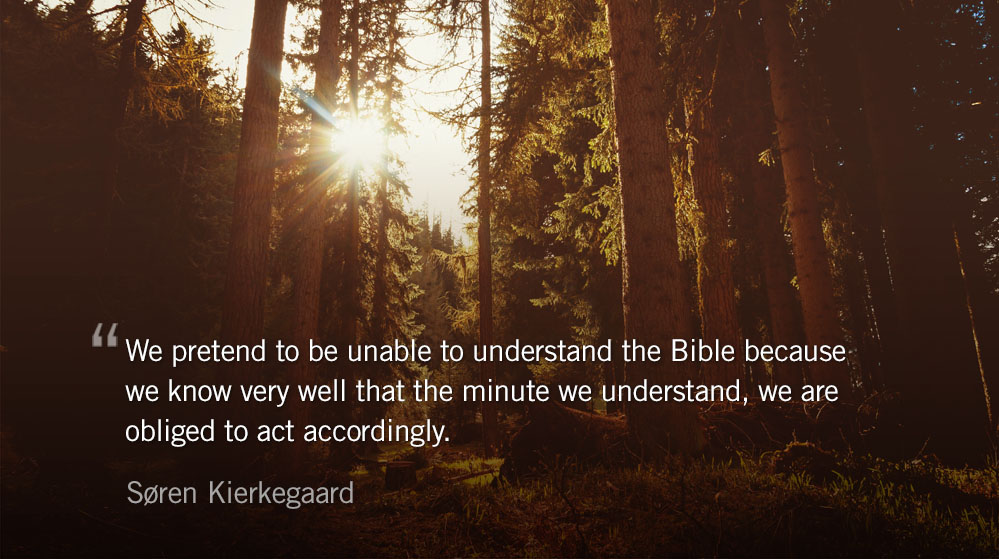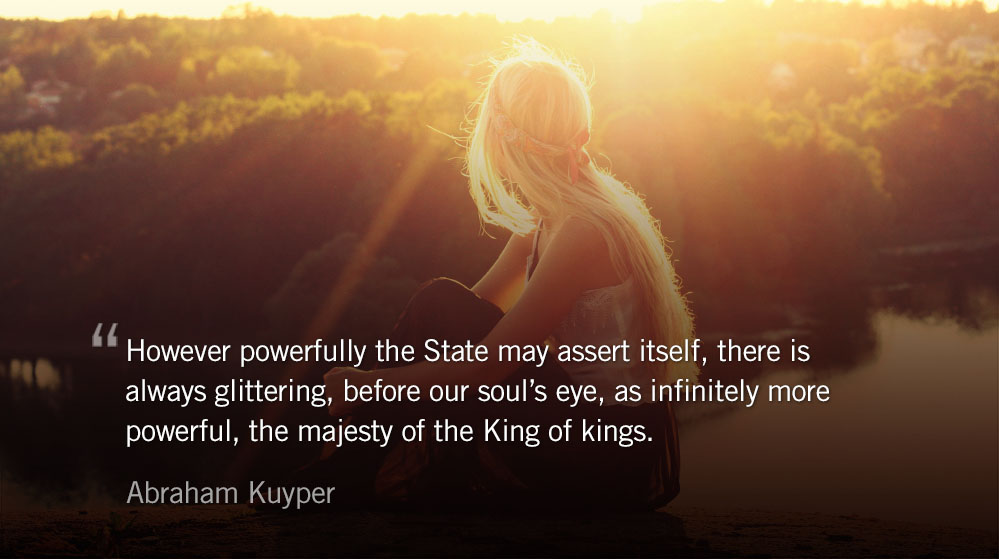Matthew 28.5-6a
The angel said to the women, “Do not be afraid, for I know that you are looking for Jesus, who was crucified. He is not here; he has risen, just as he said.”
The resurrection is Christianity’s ever-present scandal. The first conspiracy theory arises less than a handful of verses after the women find the tomb. “The disciples stole the body.” Centuries of alternative explanations follow. The modern mind, however, is far less likely to cry scandal than it is to declare, nonsense.
“The Christian view of resurrection, absolutely unprecedented in history, sprang up full-blown immediately after the death of Jesus,” observes Timothy Keller. Cultural and material explanations for the resurrection have always lacked sufficient grounding. Perhaps our desire to materially explain the resurrection is less to satisfy the healthy pursuit of thoughtful faith and more to distract our heart from the reality of the gospel. [1]
“We pretend to be unable to understand [the Bible] because we know very well that the minute we understand, we are obliged to act accordingly,” Kierkegaard proclaims. “Dreadful it is to fall into the hands of the living God. Yes it is even dreadful to be left alone with the New Testament.” [2]
The resurrection verifies what Christ held closest on the cross. According to the gospels his friends had abandoned him. His sole earthly possession, the very clothes on his back, had been taken. Union Presbyterian professor Jack Kingsbury observes, “On the cross Jesus held fast to God in trust, even as he relinquished his life. In raising Jesus from the dead, God certifies the truth of Jesus’ words and the efficacy of his trust.” [3]
Evil isn’t the only thing vanquished on the cross. The illusion that we can pull it together and do it ourselves was also destroyed on Golgotha. The idea that Christ would die on our behalf and offer freely what we are helpless to obtain ourselves is scandalous. To this the scriptures call us to abandon our selfish pursuits and look to the one who came to serve. He withheld nothing—even his own life—to show how wide, long, and deep is the love of the Father for us.
Prayer
Lord, we confess that we chase after so much to fulfill our lives. We confess our attempts to find fulfillment through self, career, possessions, and experiences. None are sufficient — for you knit us together with longings for things far greater. Only you can bring fulfillment. Only you can deliver us from the insufficiency of our world. Draw us near, our God.
Justice Through Christ
Part 3 of 5, read more on TheParkForum.org
Today’s Readings
Genesis 29 (Listen – 4:45)
Matthew 28 (Listen – 2:39)
___________________
FAQs
How can I make a tax-deductible donation? Click here.
How can I get these devotionals in my inbox? Click here.
What is the reading plan this blog is based on? Click here.
___________________________________
Footnotes
[1] Timothy Keller, Apologetics (City to City Incubator Session 4), p.26. | [2] Søren Kierkegaard, Provocations: Spiritual Writings of Kierkegaard. | [3] Jack Dean Kingsbury, Matthew as Story, pp. 90-91.








